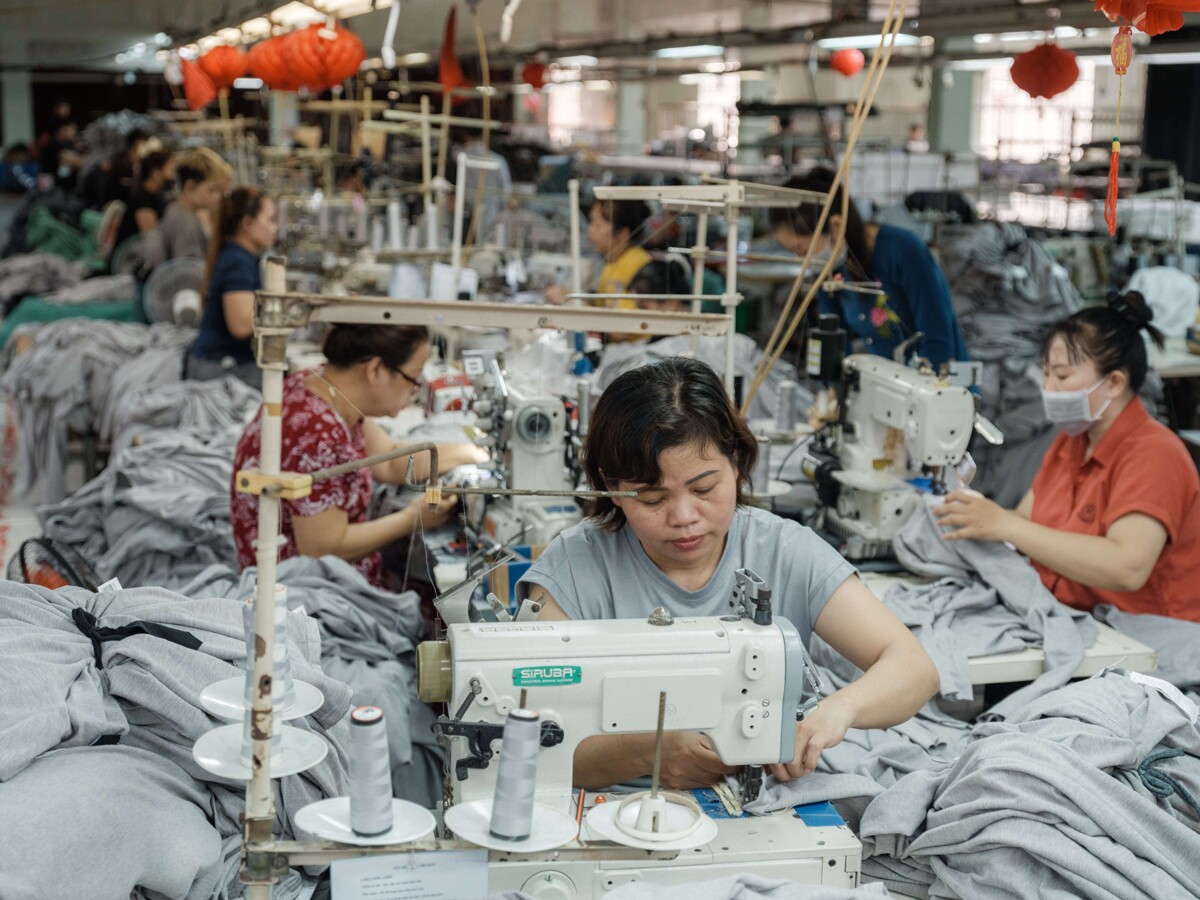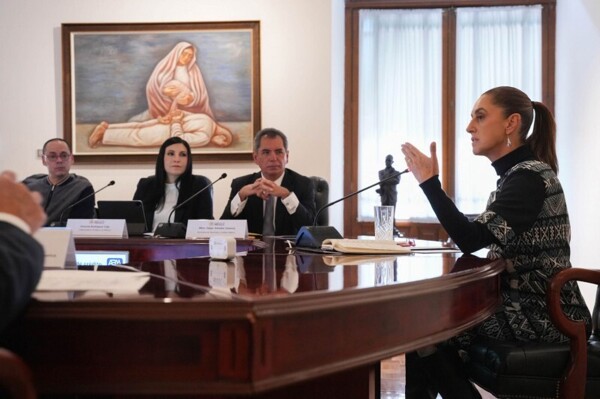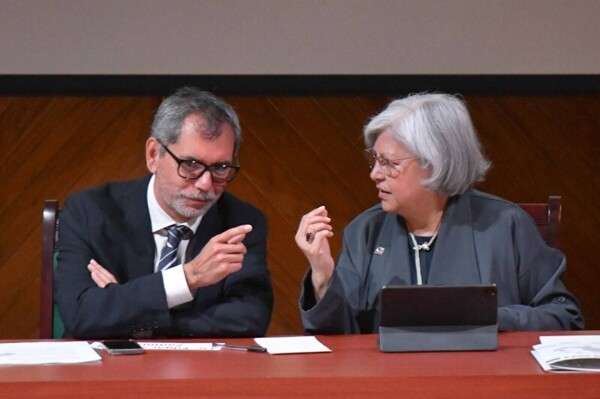
The second largest economy in Latin America saw its PMI fall to 44.8 in April from 46.5 in March, marking its tenth consecutive month of contraction and the lowest reading since February 2021. Gene Seroka, executive director of the Port of Los Angeles, said he sees weeks or months of disruptions for both U.S. retailers and factories, given the time it takes for businesses to redirect their supply chains to avoid the 145 percent tariffs imposed by the U.S. on most Chinese products.
"Manufacturing plant capacity is limited, and you can't just say, 'Well, shut down China today'," Seroka commented.
"Industrial activity remains highly exposed to U.S. tariff policy," stated Cyrus de la Rubia, chief economist at Hamburg Commercial Bank, in a comment. "They will not make major decisions until they are certain there will not be another immediate change in the economic environment."
Before these initial indicators of a recession began to surface, alarm about global prospects was already evident in Washington, as finance chiefs convened for the International Monetary Fund meetings last month. Following a downgrade in growth forecasts, the organization's managing director, Kristalina Georgieva, warned that the odds of a global recession will increase if uncertainty persists.
How has the Asian economy fared since the announcement of Trump’s tariffs? Asian reports on Friday were discouraging. "It is unlikely this will continue, as U.S. tariff policy will likely lead to Chinese products being more widely available in the EU, which will intensify competition," de la Rubia stated.
How has the European industry fared after Trump’s tariffs? Mohit Kumar, chief economist for Europe at Jefferies International, warned that the PMI figures so far are just the beginning and that the impact may persist despite any trade agreement Trump may conclude. "It could be several weeks before we really see the impact," he said.
Meanwhile, goods producers in emerging markets also felt the impact. In South Africa, manufacturers showed more pessimism, attributing it to uncertainty fueled by global tariffs and internal political tensions. In Southeast Asia, activity contracted in Thailand, Malaysia, and Indonesia. Amid the general pessimism, India stood out as an exception, expanding its activity.
Another glimmer of short-term optimism appeared in the eurozone, where the S&P Global manufacturing index reached its highest level in 32 months. The indices of the region's manufacturing giants, such as South Korea and Taiwan, fell drastically due to declining orders and production cuts, according to S&P Global. Seroka expressed in an interview: "I’m going to Cambodia tomorrow. It doesn’t work that way."














